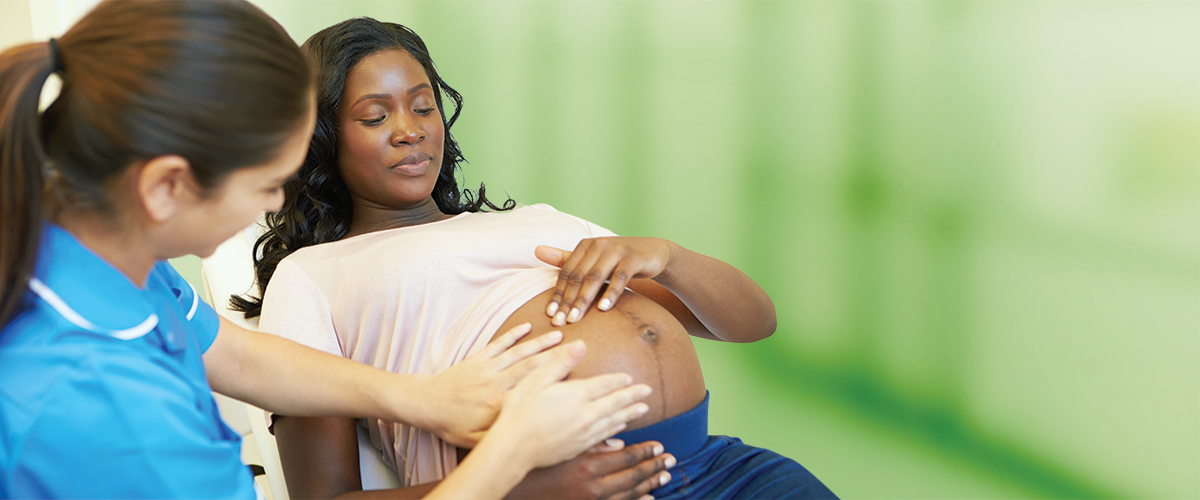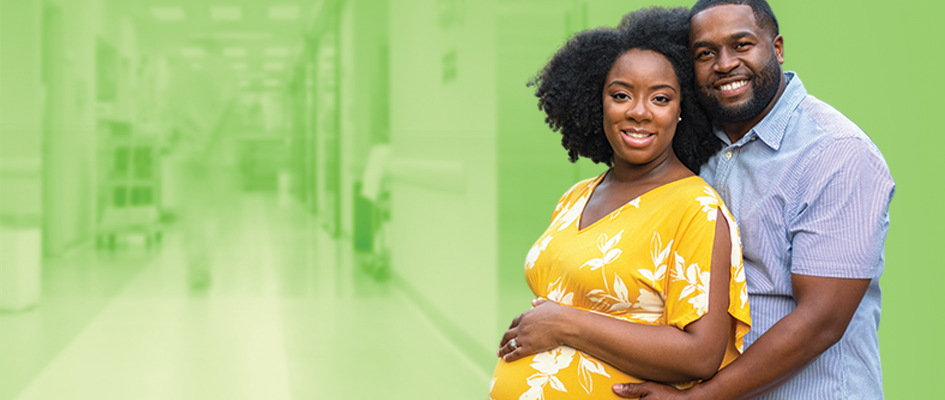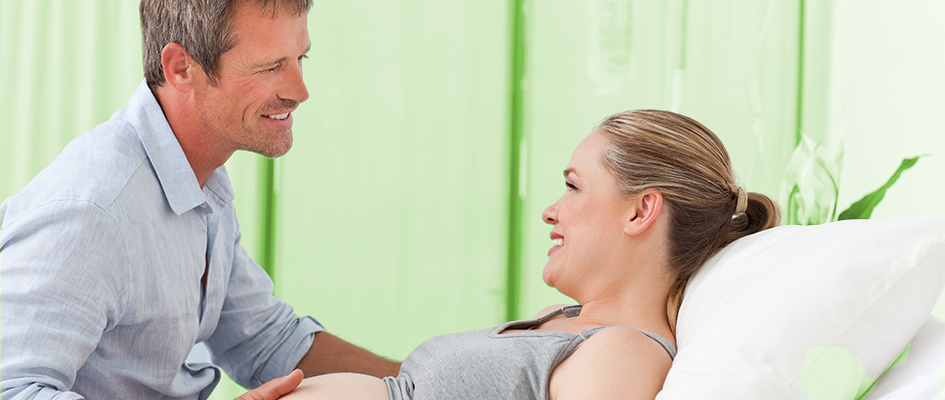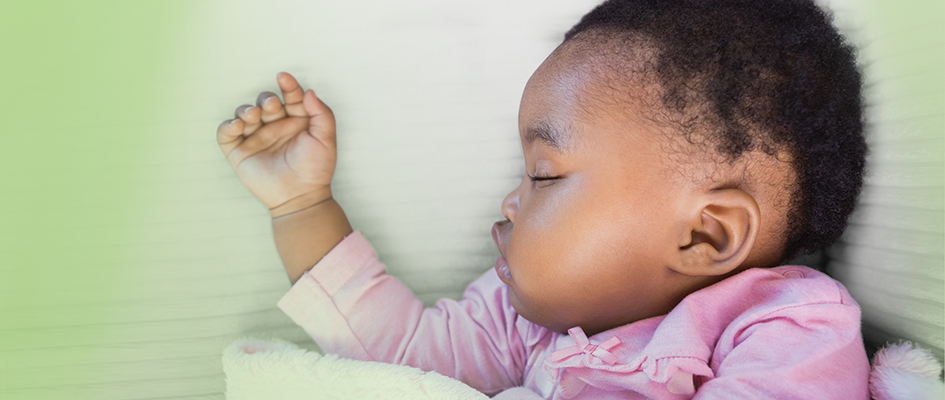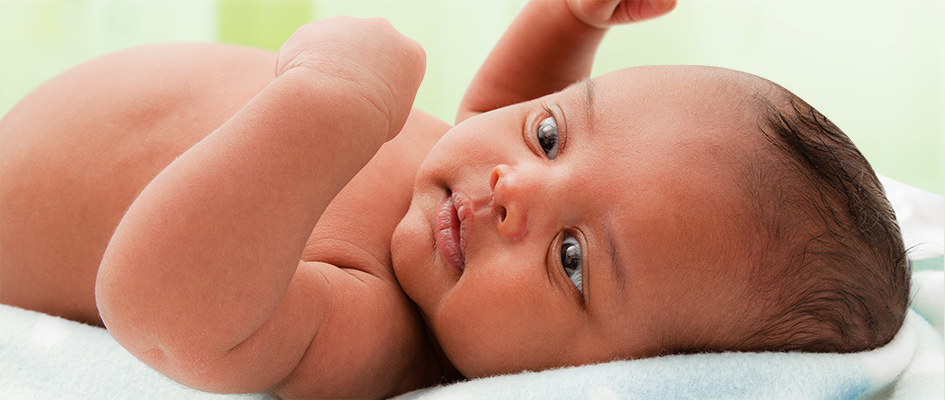Leaving the Hospital
It’s time to take your baby home. As exciting as this time is, it can be incredibly overwhelming for new parents. These guidelines may help make this time a little easier.
Your Obstetrician/Gynaecologist will discharge mom while the Paediatrician will discharge baby. On discharge mom will visit the nursery where she will identify her baby, the baby will be dressed, and all necessary information will be provided to the new mom.
Mom is requested to sign the file before leaving accompanied by nursing staff and baby to the reception area. Once the identity bracelets on the baby have been verified mom and baby may leave.
Discharge Advice
Ensure that you have made necessary transport arrangements. We offer a shuttle service at select hospitals to certain areas. Please ask our nursing staff to assist you if required.
Please check your room for belongings and ensure that you have everything you need.
Make sure that you have been given a proper explanation regarding your medication. If you have any concerns or questions please ask your doctor, nurse or contact our pharmacy.
Ensure you can answer yes to all these questions:
- Has your doctor provided you with a thorough understanding of your and your baby’s care plan?
- Do you know what medication to take and when?
- Do you know when or if you require a follow up?
Things you and your family should think about before you go home:
- It may be helpful to have someone stay with you the first 24 hours.
- Stock up on easy-to-prepare foods.
- Know whom to call in case of an emergency.
- Think about how you’ll get to your next doctor appointment.
Don’t hesitate to seek assistance. We are here for you.
At home medication safety
Before you leave, ask your doctor what new medication you need to take at home and what medications you may need to stop taking. We’ll give you a list of the medications that you should take after discharge — if you don’t receive a list, feel free to ask for it.
At any time please call your doctor or our pharmacy for more information or advice regarding your medication.
Know your medication
Know the name, dose, purpose and side effects of each of your medications.
Check with your pharmacist before taking over-the-counter medication or herbal and dietary supplements to see if they interact with any of your prescriptions.
Always keep a list of your current medication and allergies with you. Be prepared to provide your current list of medication each time you visit your doctor or are admitted to a hospital.
Fill all your prescriptions at the same pharmacy if possible, so the pharmacist can cross-check for medication interactions.
Taking your medication
Take all medication as directed. Know what to do if you miss a dose.
Never stop taking any medication unless your doctor tells you to, even if you’re feeling better.
Use a pill box, diary, or calendar to keep track of when to take your medication.
Keep your medication in its original container in a cool, dry place.
Never give your prescription medicine to anyone else.
Don’t keep medication beyond the expiration date. Discard all expired medication.
Taking care of yourself
Following giving birth, you can expect the following.
- Mood changes and post-partum blues
- After pains
- Vaginal discharge
- Changes in bowel movements
Please discuss any concerns with your medical team.
If you have a normal vaginal delivery, see your doctor after 6 weeks for your post-natal checkup, or as advised by your doctor. Remember to keep your stitches clean, it should take about 4 weeks to heal.
Call your doctor immediately if you have:
- Heavy bright bleeding or large clots
- Fever
- Painful cramps
- Hard, painful lumps in your breasts
- Increasing pain around your stitches
- Pain when urinating
- Extreme depression
If you have a Caesarean Section, see your doctor 1 week after discharge for review or as advised by your doctor and again at 6 weeks.
Call your doctor or present at any of our 24-Hour Accident & Emergency Units if you experience:
- Difficulty breathing or unusual shortness of breath
- Persistent nausea, vomiting or diarrhoea
- Numbness or tingling
- Chest pain
- Excessive bleeding or drainage at the operative site
- Rash, bruising or yellow skin
- Fever or chills
- Pain that is not relieved by pain medications
- Other concerns that require immediate attention
Taking care of baby
Breastfeeding: It is encouraged unless otherwise discussed with your doctor. The initial period may be challenging, don’t give up, rather seek the advice of a breastfeeding specialist. The benefits of breastfeeding to both you and your baby are worth the effort.
Before leaving the hospital, make sure you are familiar with the following:
- Handling your baby, including supporting your baby’s neck
- Changing your baby’s nappy/diaper
- Bathing your baby
- Baby’s medication
- Dressing your baby
- Feeding and burping your baby
- Cleaning the umbilical cord
- Caring for a healing circumcision
- Cleaning your baby’s nasal passages
- Taking your baby’s temperature
- Tips on soothing your baby
Make an appointment to see your Paediatrician as advised.
Should you require any information following discharge please do not hesitate to contact us.
Enjoy every moment of getting to know your new family member.





